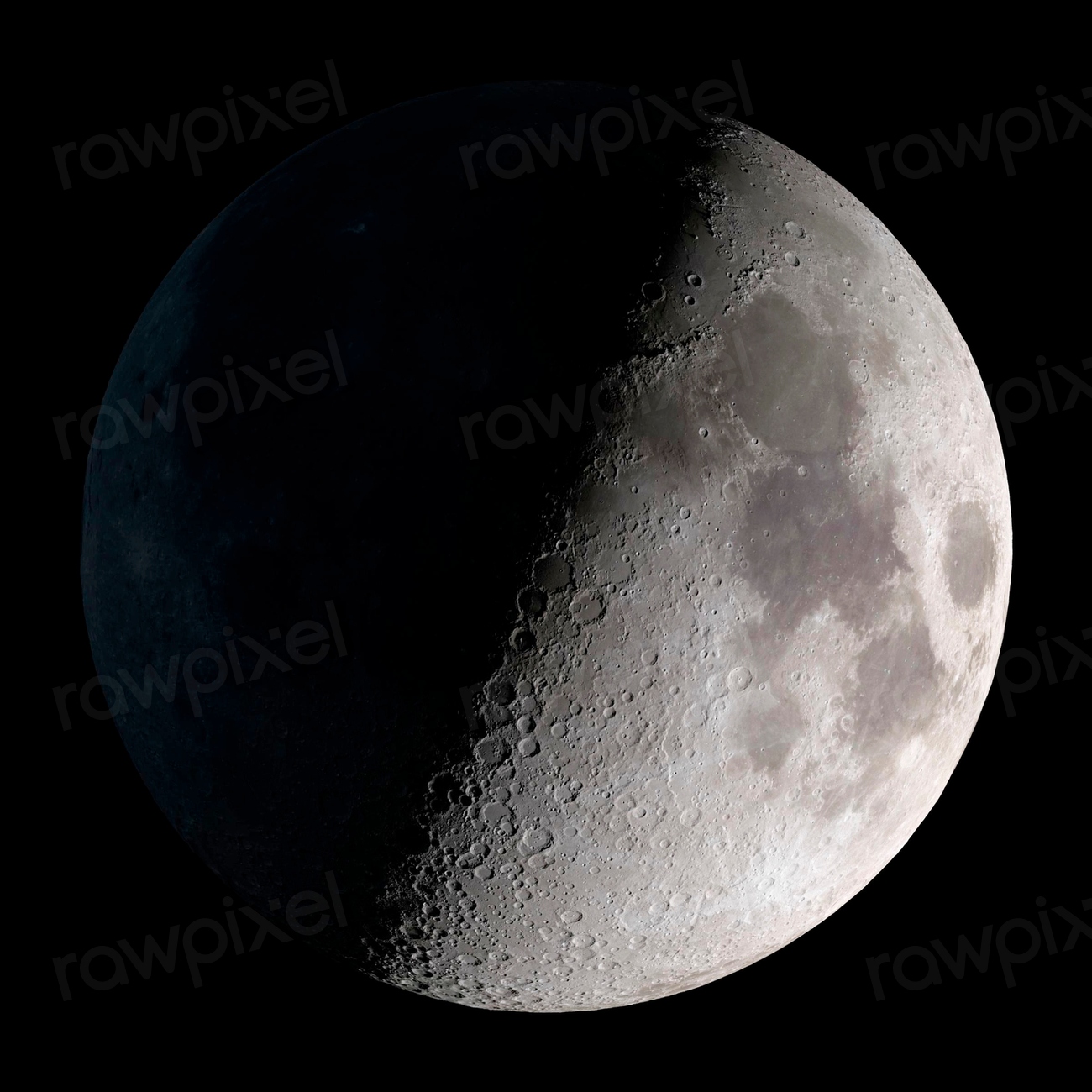Shaping Worldviews and Guiding Choices in Uncertain Times
In a world brimming with uncertainty and change, the profound words of Luke 21:25-26 offer more than just a prophetic glimpse into the future; they provide foundational stones for constructing a resilient and ethical worldview. This passage, with its vivid depiction of cosmic upheavals and earthly distress, challenges us to reconsider our perceptions of reality, human nature, and the divine. It compels us to integrate these insights into our worldview, profoundly affecting how we interpret and interact with the world around us.
Worldview Formation
The essence of Luke 21:25-26 extends beyond its apocalyptic imagery, embedding itself into the very fabric of our worldview. By confronting us with the ultimate realities of divine judgment and redemption, the passage urges us to acknowledge a universe governed by moral and spiritual principles rather than mere physical laws. This acknowledgment shifts our perception of human nature from purely materialistic to inherently spiritual, bound to a divine narrative that transcends our immediate concerns and aspirations. Such a worldview not only deepens our appreciation for the mystery and sanctity of life but also heightens our sense of responsibility towards the world and its inhabitants. Integrating these insights encourages a holistic approach to life, where ethical considerations are paramount, and every decision is imbued with spiritual significance.
The passage, therefore, serves as a catalyst for ethical reflection, prompting us to evaluate our values, choices, and actions in light of a broader cosmic and moral order. It challenges the prevailing cultural narratives of consumerism, individualism, and relativism, inviting us to adopt a more communal, altruistic, and principled stance towards life. This transformation in worldview leads to a more compassionate and ethical engagement with the world, where the well-being of the community and the stewardship of creation are central considerations.
Ethical Guidance
Luke 21:25-26 also offers specific ethical teachings that can guide our decisions and actions across various spheres of life. By portraying a world in flux, where the traditional anchors of security and certainty are shaken, the text reminds us of the transient nature of power, wealth, and human institutions. This realization fosters humility, encourages simplicity in lifestyle, and cultivates a spirit of solidarity with those who suffer. In professional settings, these principles translate into practices that prioritize ethical integrity, social responsibility, and the pursuit of the common good over personal gain or corporate profit.
Furthermore, the passage’s emphasis on vigilance and preparedness can inspire us to engage proactively with social and environmental issues, anticipating future challenges, and working towards sustainable and just solutions. It challenges us to question the status quo, to stand up against injustice and exploitation, and to advocate for policies and practices that reflect our commitment to ethical principles and the welfare of the planet.
Personal Reflection Invitation
As we delve into the rich tapestry of meanings and implications woven into Luke 21:25-26, let us reflect on its personal significance and the transformative potential it holds for our lives. This reflection invites us to consider how adopting the worldview and ethical guidance offered by this passage might influence our personal growth, relationships, and societal engagement. It prompts us to ask ourselves what changes or affirmations this engagement could inspire in our approach to life’s challenges and opportunities.
Incorporating the insights from Luke 21:25-26 into our personal and collective ethos invites a journey of continuous growth, where each decision is an opportunity to embody the values and principles it espouses. As we navigate the complexities of modern existence, let the passage serve as a beacon of hope, a source of ethical direction, and a reminder of our shared destiny within the divine narrative. In doing so, we not only enrich our own lives but also contribute to the cultivation of a more just, compassionate, and sustainable world.
